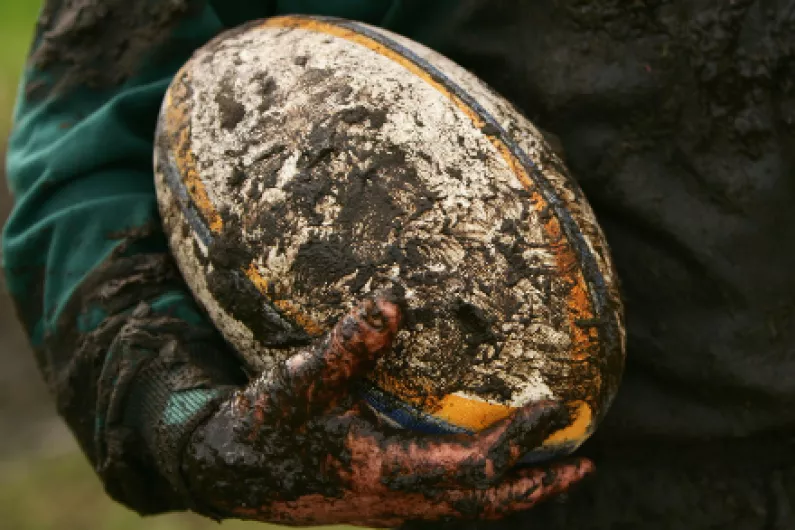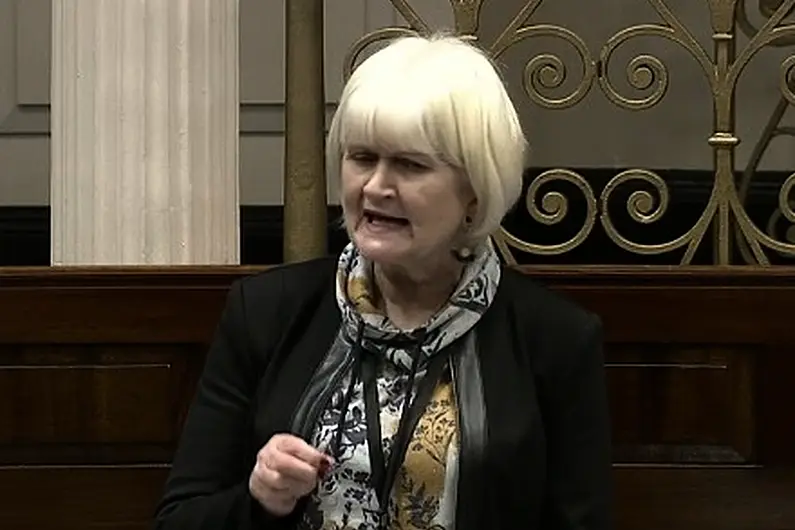From the outset, Farrell has showcased his intention to be his own man rather than modelling himself on his predecessor Joe Schmidt.
Let’s go back to 2020. Prior to his first Six Nations game in charge of Ireland, he went against the norm and named the matchday squad on a Tuesday rather than Thursday.
May seem a very subtle change but Farrell was starting out as he meant to continue;
“You can look too much into things the whole time. It doesn’t bother me about putting a team out there because that’s all I’m bothered about: our team, backing ourselves.”
His predecessor never contemplated such a move; the first of many indicators of a rejuvenated outlook.
Credit where it’s due, the Schmidt era had numerous positives. After all, the Kiwi masterminded three six nations’ titles, including a grand slam in 2018 along with two wins over New Zealand. Schmidt’s best-laid plans yielded plenty of silverware but ironically also became a recipe for implosion in the end.
The game-plan was overly prescriptive and heavily predicated on box-kicking. It worked effectively for a few years but eventually the rugby superpowers got round it during his final year in charge (2019). And when they did, Ireland had no alternative.
2019 became an “annus horribilis” for Irish rugby. An underwhelming Six Nations campaign was followed by a horrendous world cup. Again, Ireland failing to get beyond the last eight following a 23-point defeat at the hands of New Zealand.
Farrell subsequently took over the reins and it’s clear that lessons were learned. The new Irish boss was intent on injecting more spontaneity and creativity into Ireland’s play but it was not an overnight fix. Teething problems were a regular occurrence at the start.
The opening stages of 2021 six nations encounter against France is a case in point. Two minutes in, Ireland had just stolen a French line-out and worked the ball to out-half Billy Burns.
Ireland had a numerical advantage out wide but instead of instead of exploiting same, Burns opted to kick the ball. France quickly recovered possession; a potential try-scoring opportunity forfeited by Ireland.
Two years later the evolution is clear for all to see. The Irish attack in full flow features a multiplicity of support runners to the player in possession making it exceedingly difficult to contain. A task that has proven elusive for South Africa, New Zealand and France over the past 12 months or so.
Additionally, despite finishing second in last year’s six nations, Ireland scored the most tries (24) and have already amassed eight tries in two games so far this year.
Not all down to one man here either. Mike Catt’s proficiency in this area is a major asset to the coaching ticket while Ireland have also profited from a new influx of more creative players.
For instance, just six players which started the heavy defeat to New Zealand began the win over France just over a week ago.
Farrell’s tactical nous is one thing, but he’s also cultivated an environment that’s conducive to success. Arguably more favourable than that of his predecessor.
Dave Kilcoyne spoke recently about how much he’s enjoying being part of the set-up; “I was chatting to Peter O’Mahony the other day at dinner, everyone talks about how good an environment it is here, and it's not rubbish”.
“It actually is a real enjoyable place to be, but that comes from the top down. Faz (i.e. Andy Farrell) has got great people in, and it filters down to the players”.
"It's such a good place to come in and get better every day. When I wasn't involved, you're watching on and desperate to get back in.”
The camaraderie between players and coaches is translating to on-field success and appears to be the antipode of the atmosphere that existed under Joe Schmidt.
There’s a well-known story from the previous regime where Schmidt found a key-card holder in a hotel corridor. The same item was accidentally dropped by one of his players.
Schmidt diagnosed it as a prime symptom of sloppiness and lambasted the player. A classic microcosm of his strict approach.
Farrell’s personality has proven more favourable for the players but he’s not afraid to channel his inner ruthlessness either. The dropping of Joey Carberry from the current Six Nations squad is a case in point.
Carberry was since recalled after Johnny Sexton sustained an injury but his initial axing from the squad indicates a willingness on Farrell’s part to make big decisions when required.
The world cup will provide the real litmus test of Farrell’s managerial acumen but Ireland can afford to be optimistic based on the current situation.
Farrell’s approach enables the players to be the best version of themselves and offer scope for innovation and creativity. And that’s partially what Ireland need to breach the quarter-final ceiling.







